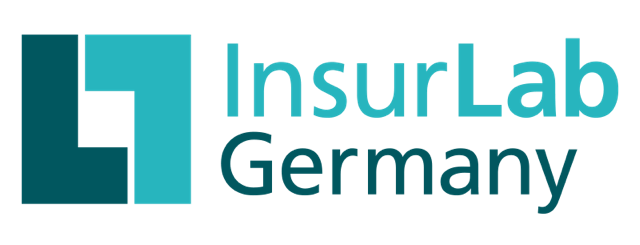In the second blogpost of the SOSA FinTLV blog series, our Israeli partners look at how reinsurers are influencing the insurance market and what trends and challenges are shaping their work and future development.
Reinsurance companies must always be one step ahead in order to correctly assess potential threats to the insurance market and minimize emerging losses. In addition, they must not miss any trends in order to be able to enter the market with technological innovations before their competitors.
But it is challenging for reinsurers because they often do not have sufficient data or efficient data aggregation models to forecast the impact of rapid technological advances.
Take drones, for example: Companies are starting to look for insurance policies that help them prepare for the potential risks of drones. However, reinsurance agents are unable to predict exactly what these risks might look like, making it difficult to underwrite policies.
Below, we look at three other trends and challenges that will impact reinsurers.
Cyber Attacks
Natural catastrophes have always been very costly business for reinsurance companies. At reinsurer Munich Re, natural catastrophes cause €4.3 billion in losses every year. However, reinsurers are able to assess and predict such catastrophes, which keeps costs at a minimum level.
Cyber security and risk, however, present a new kind of challenge for reinsurers. As governments, businesses and even consumers look to reinsurance policies to protect them from cyber attacks, reinsurance companies are under increasing pressure.
Natural disasters are limited to specific geographic areas, whereas cyberattacks can happen anywhere and affect the entire world - there are no boundaries here.
What happens if there is a cyberattack on Amazon Web Services or Facebook users? What are the implications in terms of risk and how many people are likely to ultimately be affected?
This uncertainty makes it difficult for reinsurers to understand how to price these policies. Current products do not reflect actual risks, nor do they provide the ability to properly underwrite these policies, as insurance companies struggle to gain enough data to build true underwriting models for them. The (relatively) new threat of cyber attacks requires reinsurance companies to be more dynamic in their pricing and policy design.
Some reinsurers have begun to prepare by collecting continuous data on global cyber events, hacks, threats, etc., analyzing that data and building better risk engines. Others are developing aggregated risk engines that will be able to analyze the total exposure of a cyber event when it occurs.
The digital shakeup established insurance companies
In the next few years, more reinsurers will seek to become distributors of incumbents. Reinsurers will seek to enter into direct agreements with MGAs, MGUs and corporations to distribute insurance policies directly to businesses and consumers. If the regulator grants MGAs and MGUs their own insurance license, they can sell policies in the same way as current insurance companies, which is likely to cause problems for incumbent insurers.
Innovation in data analysis
The pace of technological innovation continues to accelerate, providing reinsurance companies with the opportunity to offer forward-looking products. These products are designed to help minimize the risk posed by threats such as cybersecurity or the ability to better health risk assess the end client or carrier portfolio. The products are advanced data analytics capabilities designed to improve forecasting capabilities and newly developed data aggregation models designed to enable reinsurance companies to better prepare for the future.
FinTLV is a venture capital fund that aims to support startups with innovative financial technologies with industry expertise and financial investments. The company also integrates a FinTech Innovation Zone operated by SOSA in Tel Aviv, connecting industry leaders with Israeli Fin and InsurTechs. More information
SOSA is an open innovation platform and was founded in 2013 by 25 leading Israeli investors and high-tech companies. It is positioned at the heart of the Israeli and New York tech ecosystems, helping global companies collaborate with innovative tech companies - from sourcing and deal flow to executing PoCs and integrating innovation into their businesses. More information.

